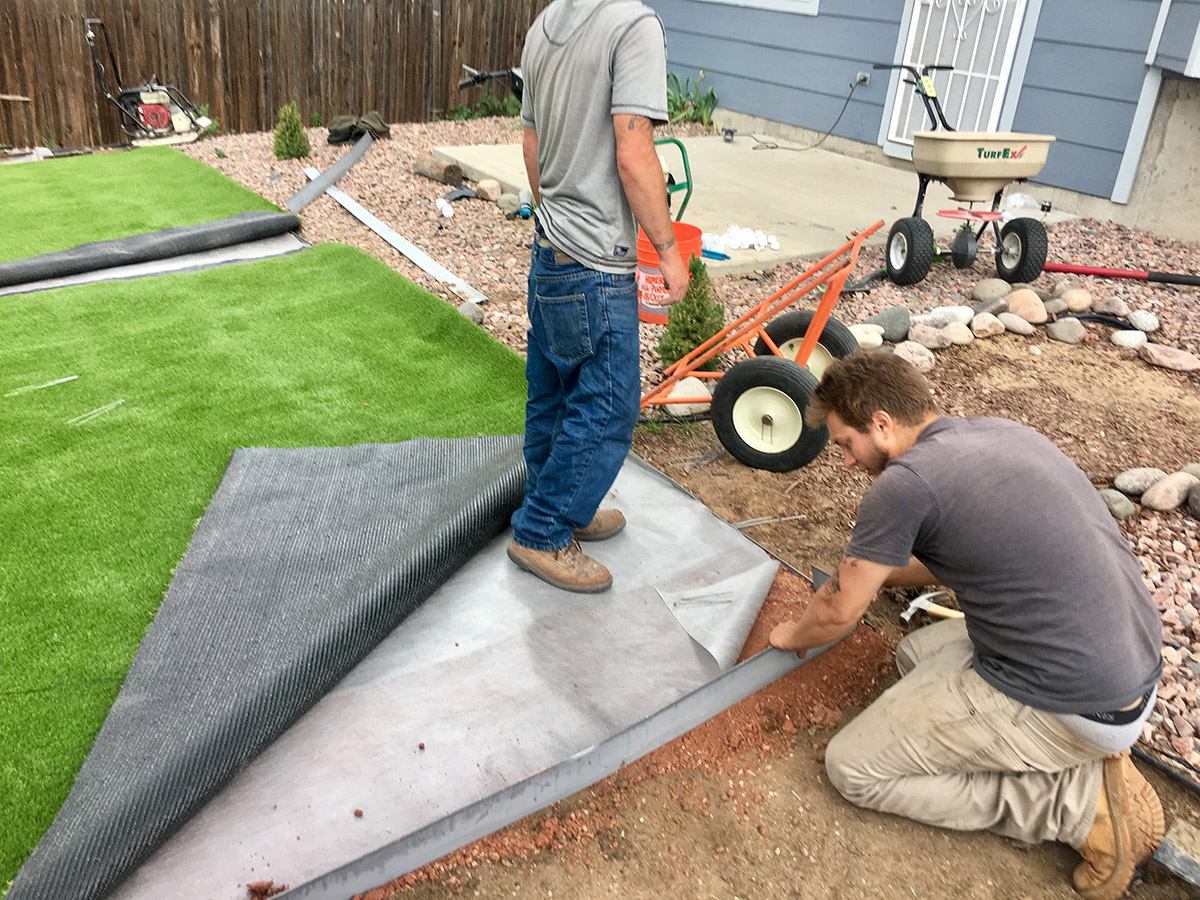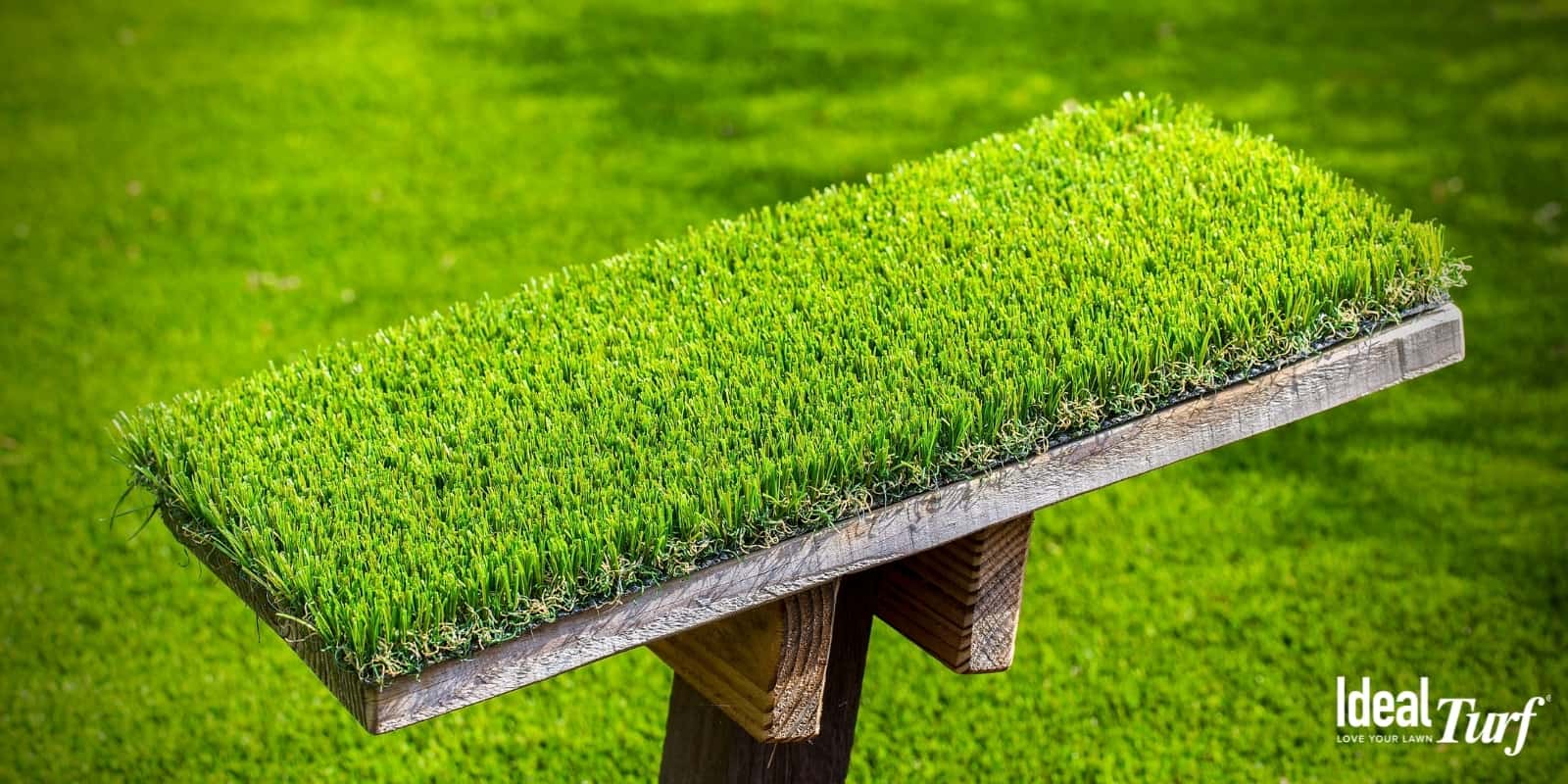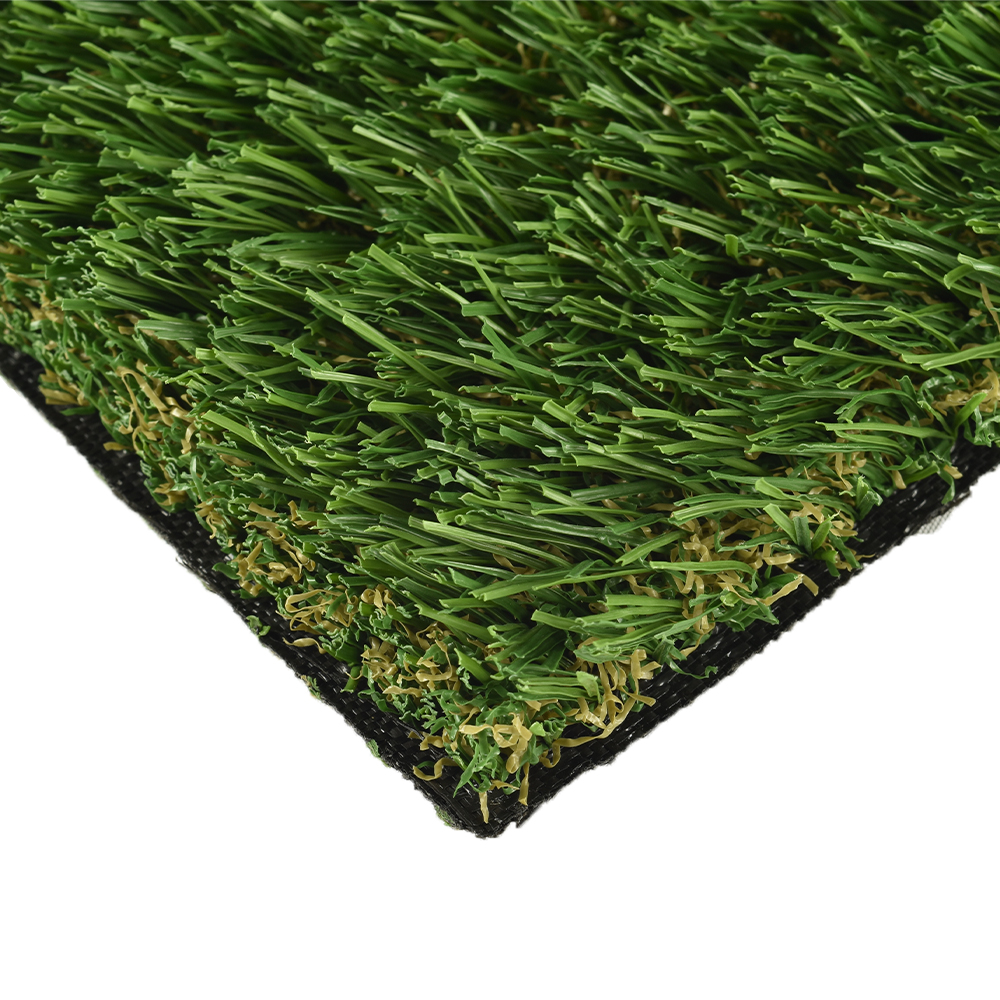Find Reputable Artificial Turf Companies Phoenix for High-Quality and Natural-Looking Grass
Find Reputable Artificial Turf Companies Phoenix for High-Quality and Natural-Looking Grass
Blog Article
Explore the Environmental Advantages of Opting for Artificial Turf Solutions
The adoption of artificial lawn solutions provides a compelling chance to resolve pressing environmental difficulties. By dramatically reducing water usage and lessening the application of dangerous chemicals, these options not just advertise sustainable landscape design but also safeguard regional ecological communities.
Water Conservation Advantages
One of the most considerable advantages of artificial lawn is its capacity to save water. In comparison, fabricated turf does not need watering, considerably reducing the general demand for water resources.
By eliminating the demand for routine watering, synthetic grass adds to sustainable landscape methods and helps alleviate the environmental effect of excessive water usage. Furthermore, the preservation of water encompasses the reduction of drainage, which can result in dirt disintegration and waterway contamination.
Additionally, the installment of synthetic grass allows house owners and municipalities to designate water sources much more effectively, concentrating on important usages such as alcohol consumption water and agriculture. The shift towards synthetic grass not only promotes accountable water use but likewise lines up with more comprehensive ecological goals targeted at protecting natural deposits.
As neighborhoods increasingly prioritize sustainability, the water conservation advantages of man-made lawn present a compelling case for its adoption in household and business landscape design projects.
Minimized Chemical Usage
The shift to synthetic grass considerably decreases the reliance on chemical treatments generally used in natural grass upkeep. Conventional grass administration typically entails the application of herbicides, fertilizers, and pesticides to promote growth and control pests. These chemicals can pose threats to human health and wellness, regional wildlife, and the environment, adding to dirt and water contamination.
On the other hand, synthetic grass removes the requirement for these damaging substances. As soon as set up, it requires marginal upkeep, mainly consisting of normal cleaning and seldom infill replenishment. This reduction in chemical use not only profits the prompt environment yet likewise adds to more comprehensive environmental security. By reducing the release of synthetic substances into the community, synthetic grass promotes much healthier soil and water supply.
In addition, the lack of chemical drainage related to synthetic grass installments helps shield regional waterways from contamination, supporting marine life and maintaining biodiversity. Arizona artificial turf. As areas significantly focus on sustainable methods, going with synthetic grass provides a sensible solution that straightens with ecological preservation objectives. Through this shift, homeowner can take pleasure in rich environment-friendly spaces without jeopardizing ecological health, paving the method for a more sustainable future
Lower Carbon Footprint

Moreover, the installment of synthetic grass can cause significant water preservation. Natural lawns require significant quantities of water for watering, which not just includes in the carbon impact connected with water extraction and treatment but also strains regional water resources. On the other hand, artificial grass needs marginal maintenance, needing no watering, thereby substantially lowering water use and its linked power prices.
In addition, the long life of fabricated turf adds to its decreased carbon influence. With a life-span of approximately 15 years or even more, the demand for frequent substitutes is diminished, causing less waste and reduced energy consumption in manufacturing and throwing away typical turf options. In general, synthetic grass offers a sustainable alternative for eco mindful landscape design.
Environment Conservation
Habitat preservation is a crucial factor to consider in the discussion over landscape design choices, particularly when contrasting artificial turf to all-natural lawn. Natural yard yards typically need extensive upkeep, including the usage of plant foods, herbicides, and pesticides, which can negatively impact neighborhood ecological communities. These chemicals can leach right into the soil and waterways, hurting native plants and fauna and interfering with regional environments.
Fabricated lawn eliminates the need for damaging chemicals, therefore protecting nearby wildlife and maintaining the stability of surrounding ecosystems. The installment of man-made lawn can lead to the visit our website conversion of previous yard locations right into more biodiverse landscapes, such as pollinator gardens or native plant areas, which can sustain neighborhood wild animals.
Inevitably, the shift to man-made grass not only conserves water and decreases upkeep efforts however also fosters a more harmonious relationship in between human tasks and the native environment, advertising environment conservation in the process.
Long-Term Sustainability
Long-term sustainability is a vital consider reviewing the benefits of fabricated grass over conventional turf lawns. Among the most significant benefits of artificial lawn is its durability; it can last approximately 15-20 years with very little maintenance, whereas natural grass requires constant reseeding and replacement. This long life lowers the requirement for constant sources, such as water, fertilizers, and pesticides, which are necessary for keeping a healthy yard lawn.
Furthermore, synthetic grass adds to a reduction in carbon exhausts related to yard care devices. Traditional yards frequently require gas-powered lawn mowers, trimmers, and blowers, every one of which contribute to air pollution. Phoenix turf companies. In contrast, synthetic grass removes the need for such tools, promoting a cleaner setting
Furthermore, the manufacturing of synthetic grass increasingly utilizes recycled products, improving its sustainability profile. As producers embrace eco-friendly methods, the environmental impact of fabricated grass continues to diminish.

Verdict
The adoption of fabricated grass solutions presents significant ecological benefits, consisting of considerable water conservation, minimized reliance on damaging chemicals, and a lower carbon impact. Moreover, synthetic lawn aids in maintaining all-natural habitats by decreasing land disturbance and advertising long-term sustainability with using sturdy materials. Jointly, these variables underscore the capacity of synthetic grass to contribute positively to ecological wellness and provide a sensible alternative to conventional landscape design methods in an increasingly resource-conscious world.
In contrast, fabricated turf does not require watering, considerably minimizing the total demand for water resources. By lessening the launch of synthetic compounds into the environment, fabricated grass advertises healthier soil and water systems.
Moreover, the installment of fabricated turf can from this source result in considerable water preservation. In comparison, fabricated lawn needs marginal upkeep, calling for no watering, therefore significantly reducing water usage and its connected energy expenses.

Report this page